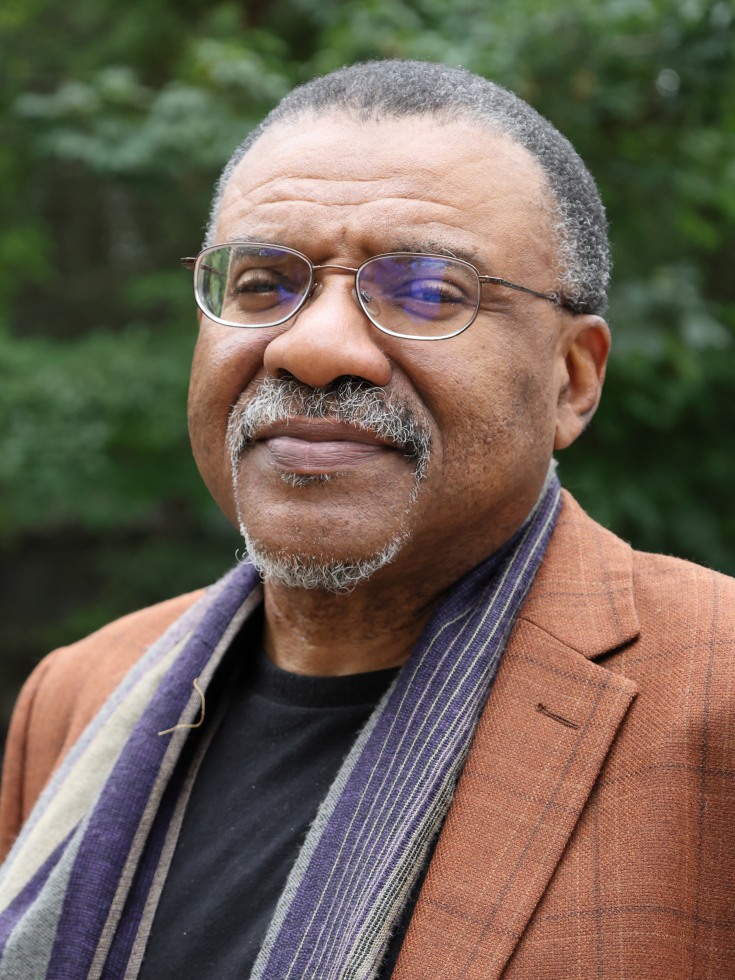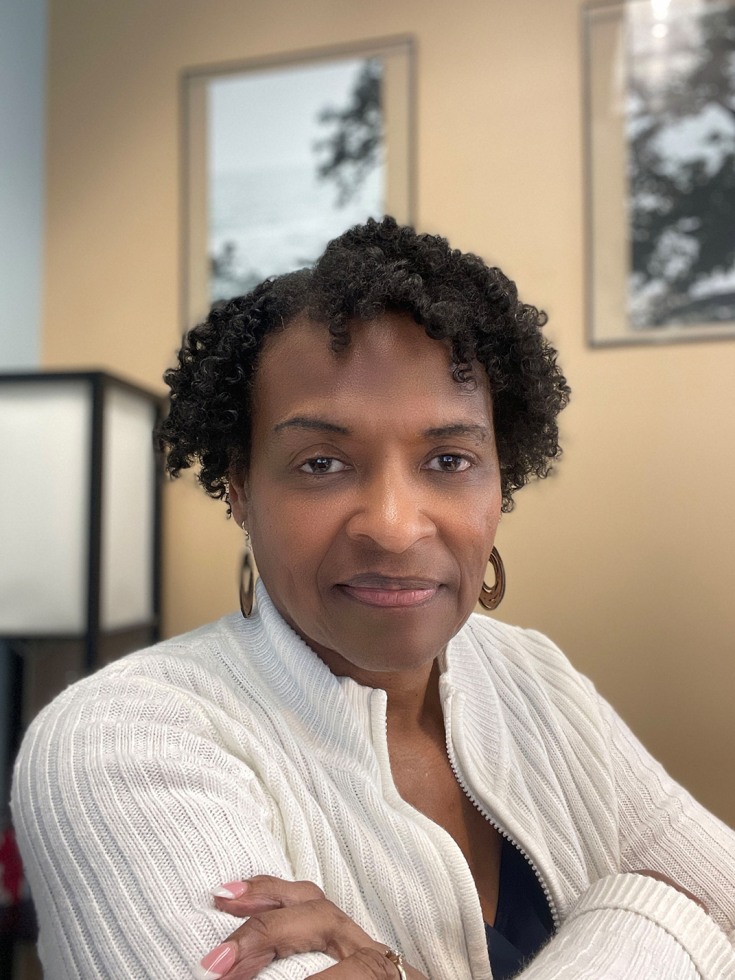PROVIDENCE, R.I. [Brown University] — Kwame Dawes and Lorna Dawes know there is a wealth of poetry from African authors out there. Thousands of poems, they say, sit in universities and libraries across the world, waiting to be catalogued, translated, digitized and promoted.
The pair of Brown University researchers is committed to sharing this wealth of poetry with the world, and they’ll work to do so with support from a $2 million grant from the Andrew W. Mellon Foundation.
With funding from the three-year grant, they’ll partner with universities, libraries and colleagues at Brown to build an African Poetry Digital Portal, a digital gateway to African poetry and related resources. The portal promises to be a one-stop hub for information on poetic works, critical biographies of poets, scholarship and news coverage of poetry written in Africa or by authors who are part of the global African diaspora.
Kwame Dawes, a professor of literary arts at Brown, said bringing more African poetry to light could help scholars untangle society’s complexities in Africa and beyond.
“I believe poets are the chroniclers of the sentiment of their time,” Kwame Dawes said. “If you didn’t know anything about Uganda, but then you read some poems from Uganda, it would unlock your empathy and imagination. You’d immediately understand something about the way people there exist and feel. If we make more spaces for African poets, we can understand more about human existence.”

